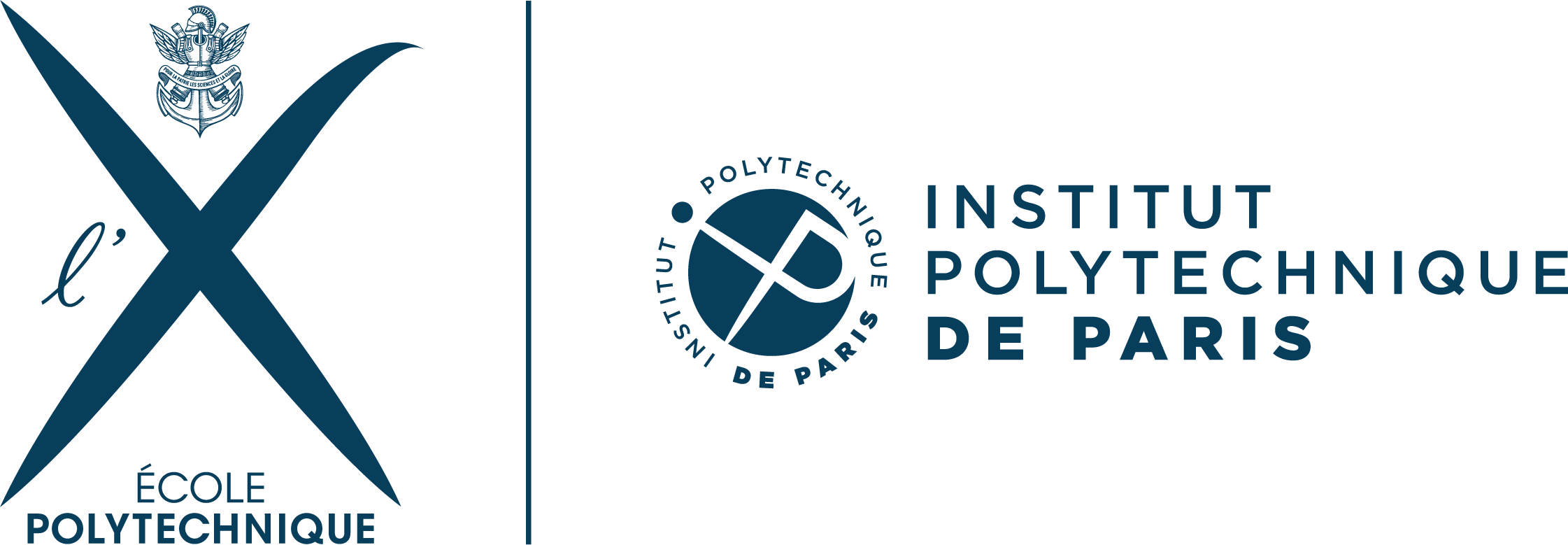About this course
Digital methods are now omnipresent in lots of science and engineering fields, in partical mechanics. They help optimize the shape or resistance of cars, planes and bridges; optimize treatments building personalized models of organs; etc. These methods also help study physical phenomena at levels of details that are difficult to access by experimental methods. With the progress of computers, they became another required language for scientists and engineers.
This course provides a in-depth introduction to digital methods used to solve mechanics problems of continuous bodies (linear/non-linear equations, differential ordinary/partial equations, problems with initial value/edge value). The course is in the continuity of MEC431. We will present and analyse fundamental aspects of methods (e.g. consistency, stability and convergence of digital schemes), and we will always illustrate on practical examples. We will cover problems of beams (1D), plates (2D) and solids (3D) structure, statics and dynamics, linear and non-linear, in various application fields (physics, engineering, biomedical, etc.).
Learning outcomes
At the end of the course, students should be able to (i) name, describe and analyse the main numerical methods used in mechanics; (ii) use modern numerical methods and tools to solve mechanical problems in physics and engineering, while understanding and controlling underlying assumptions and approximations; (iii) develop and implement new methods for given problems under given constraints and objectives.
Examination
Form: 50% exercices to submit every week, 50% final project and presentation
Date: 18 December 2023
Location/format: online
Transcript available: end of the semester and generally 8 weeks after the exam.
Resources
Activities
Courses are in the form of short videos followed by short quiz. Exercices are in the form of Jupyter notebooks with theoretical (answer on paper) / code (answer in notebook) / analytical (answer on paper and in notebook) questions. For the exercices, stud
Additional information
- More infoCoursepage on website of École Polytechnique
- Contact a coordinator
- CreditsECTS 5
- LevelMaster
- InstructorsMartin Genet
- Mode of instructionOnline - at a specific time
